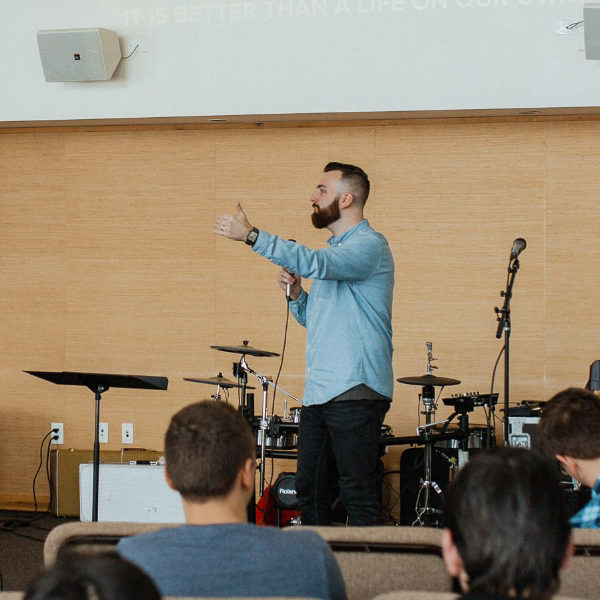Featured Categories
Group Answers Episode 258: Haley Malone
Group Answers Episode 257: Launching Into the Fall
Group Answers Episode 256: What Every New Leader Needs to Know
Group Answers Episode 255: Ryan James on Integrating New People into Groups
Four ways to help people share their spiritual stories
Group Answers Episode 254: On-campus vs Off-campus Groups
Looking for Bible Studies for Your Group?
Join our online Bible study!
Study God’s Word with others around the world—anytime, anywhere! Through our online Bible study experiences, you’ll view teaching videos from our Bible studies (completely for free!). You’ll engage with others across the U.S. and the world to discuss what you’re learning in the videos and as you follow along in the Bible study. Deep conversation, quality study, and fellowship with believers. You don’t want to miss this.















